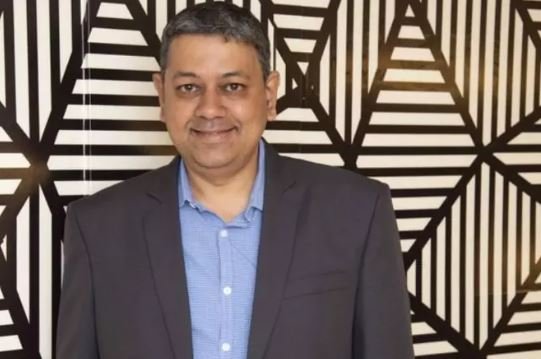The arrest of prominent political analyst and writer Badri Seshadri by the Tamil Nadu Police has brought to the forefront the delicate issue of freedom of expression and speech. Seshadri’s alleged ‘provocative’ comments made during a YouTube interview about the Manipur violence and Chief Justice of India (CJI) DY Chandrachud have led to a legal action against him under Sections 153, 153A, and 505(1)(B).
The YouTube interview in question saw Badri Seshadri suggesting that the Supreme Court and CJI Chandrachud should take an active role in resolving the Manipur situation and restoring peace. However, his remarks received criticism, prompting advocate Kaviyarasu to file a complaint that eventually led to his arrest on July 22.
As the founder of Kizhakku Pathippagam, a well-established publishing house in Tamil Nadu, Badri Seshadri is known for his pro-right-wing party and organization viewpoints. Despite this, he also had some past association with the ruling party, as he was appointed to the advisory council for the Tamil Internet Education Council by the DMK government. However, his tenure on the council ended abruptly in October 2022 due to critical comments he made on social media about DMK founder C N Annadurai.
Amidst the ongoing Manipur violence, Badri Seshadri expressed disapproval towards certain Tamil writers who attributed the situation to the Central government, further adding to the controversy surrounding his arrest.
The arrest has drawn sharp reactions, with Tamil Nadu BJP state president Annamalai criticizing the DMK government for relying on arrests rather than addressing public opinions. Historian Ramachandra Guha also raised his concern, stating on Twitter that criticizing the Supreme Court or the CJI is an essential exercise of the freedom of speech guaranteed by the Constitution.
The situation has ignited debates on the importance of preserving freedom of expression and speech in the region. People have begun voicing their support for Seshadri’s release, arguing that open discussions and debates are integral to a thriving democracy. As the case unfolds, it serves as a reminder of the delicate balance between the right to express opinions and the responsibility to maintain social harmony and respect for institutions.
